El Dia del Niño was first celebrated in Mexico in 1925. Today, children are recognized in many countries throughout Latin America.
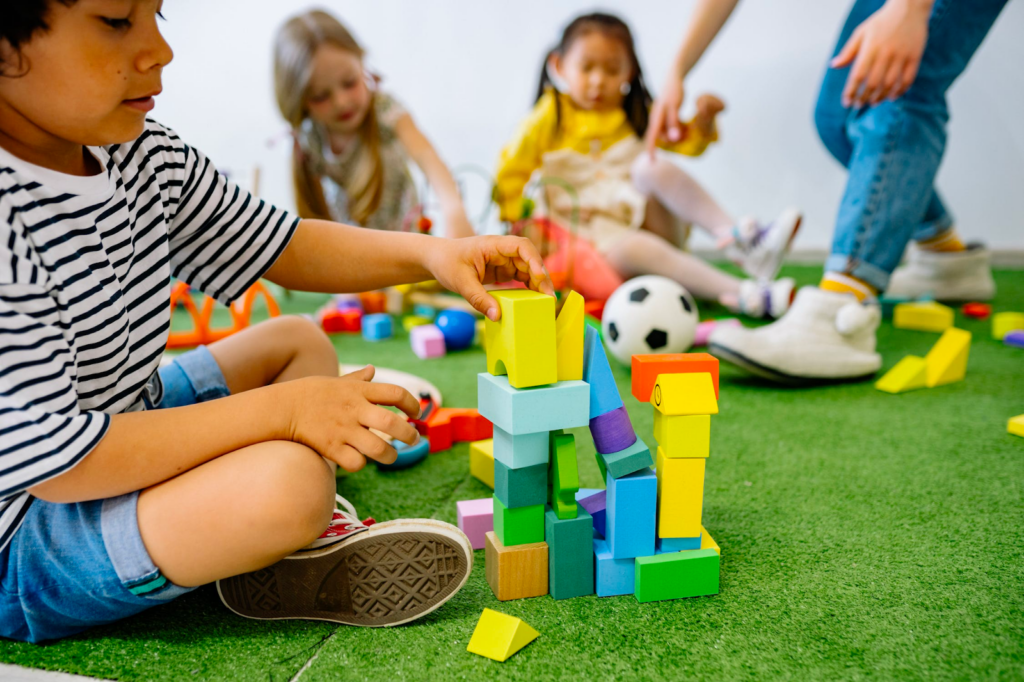
What do Latin American babies, toddlers, tweens, and teens have in common? They’ve all been waiting to celebrate a particular day all year: Children’s Day.
This commemorative date is celebrated annually in honor of children throughout many countries. But do you know when and how this special holiday came to be? Read on as we take a glance at the different ways that Children’s Day is celebrated throughout Latin America.
Why is Children’s Day celebrated?
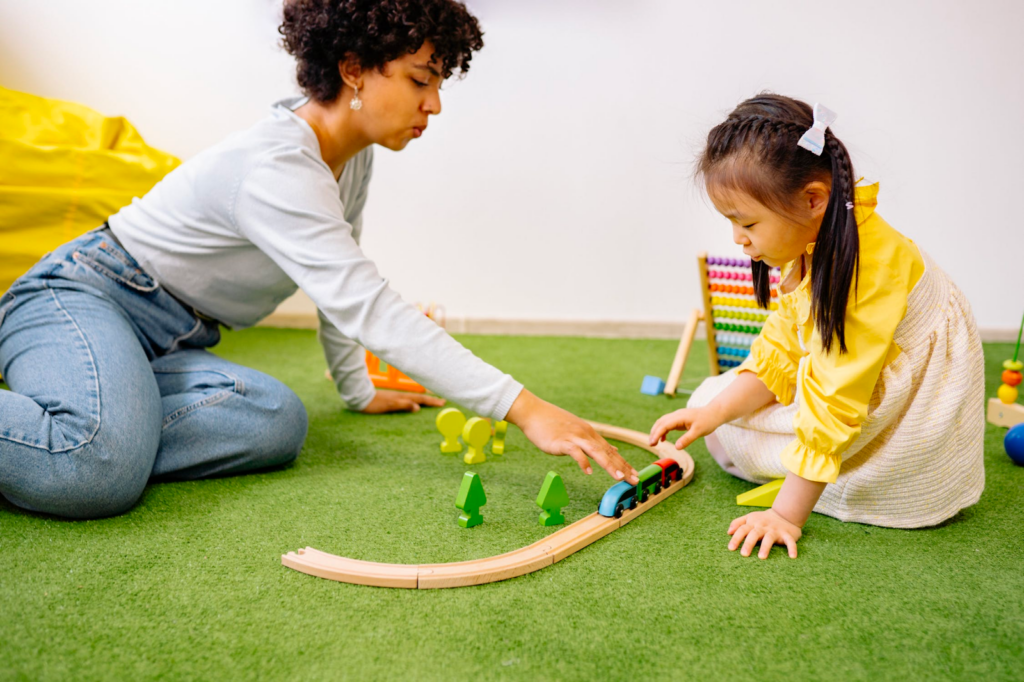
It was on November 20th, 1959 that the United Nations General Assembly enacted the Declaration of the Rights of the Child, which was later adopted on this day in 1989. Now known as the Convention of the Rights of the Child, it defines children’s rights to protection, education, health care, shelter, and good nutrition.
Focusing special effort on reaching the most vulnerable and excluded children, the convention brings a distinct set of rights:
- Children are entitled to a proper education.
- Children must be treated with decency and respect. They must be cared for, given opportunities to grow, and included in their communities.
- Children have the right to have their voices heard and participate in choices that impact their lives.
- Children are entitled to safety from violence and prejudice, regardless of where they live, their ethnic or social origins, abilities, birthplace, and other status.
Despite adopting 20th November as World Children’s Day, the Assembly allowed countries to select their own date.
Mexico: Día de los Niños
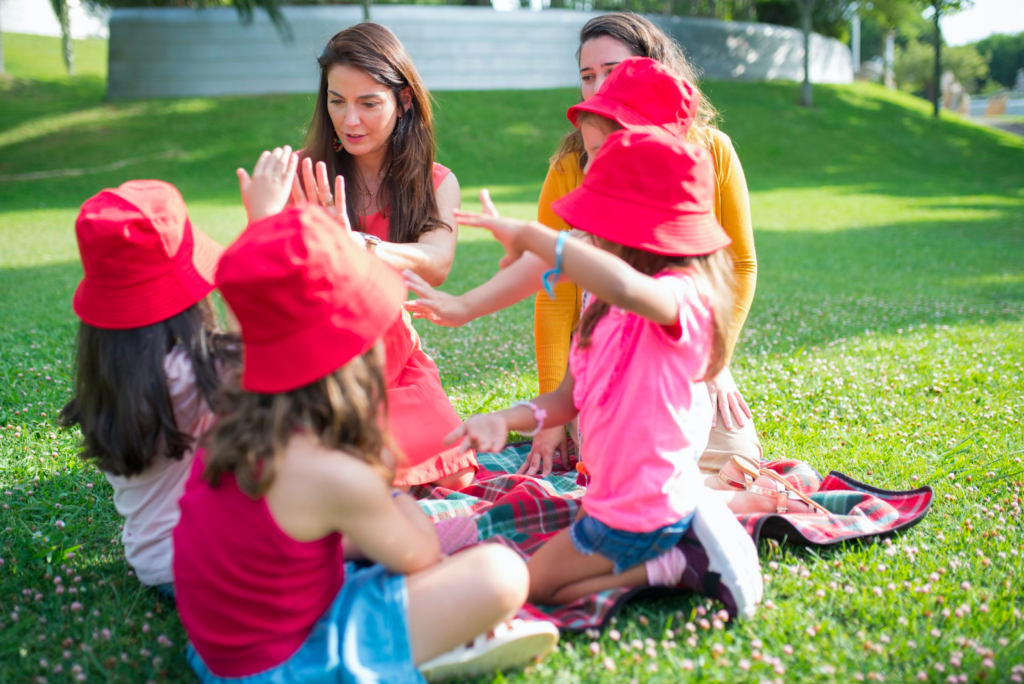
The history behind Día de los Niños
Just like Mother’s Day or Father’s Day, Children’s Day is widely celebrated in Mexico. Known as el Día del Niño, or Día de los Niños, the country holds a special place in their hearts for its children.
Since 1924, el Día del Niño has been celebrated on April 30th. This is after President Obregón and José Vasconcelos, then Minister of Public Education, signed a decree that officially established the day to be an official holiday.
How do Mexicans celebrate kids on Día de los Niños?
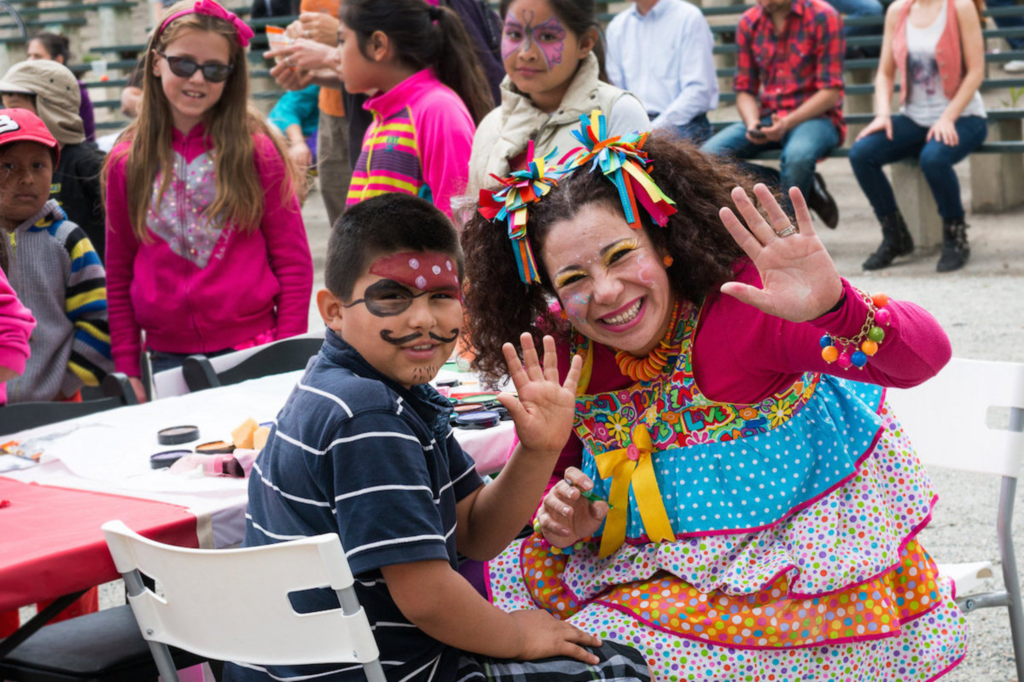
The day is mainly celebrated at the elementary school level, where teachers do their best to prepare a special lunch. Think of a mix of traditional Mexican antojitos, like sopes, quesadillas and spicy chamoy candy, plus other food options typically popular among kids, like pizza, hamburgers and hot dogs.
Schools also coordinate cultural and entertainment activities for the day where they invite other family members to come together in an effort to encourage healthy relationships with their little ones. Día del Niño talent shows and other performances are very common around this time.
Outside of school, festivities start well in advance. Mexico has a number of parades geared toward children. At these events, children are often entertained by magicians, musicians, storytellers, and other performers.
Giving is highlighted as a part of the Día del Niño and toy drives are always held to provide for children in need.
Brazil: Dia das Crianças
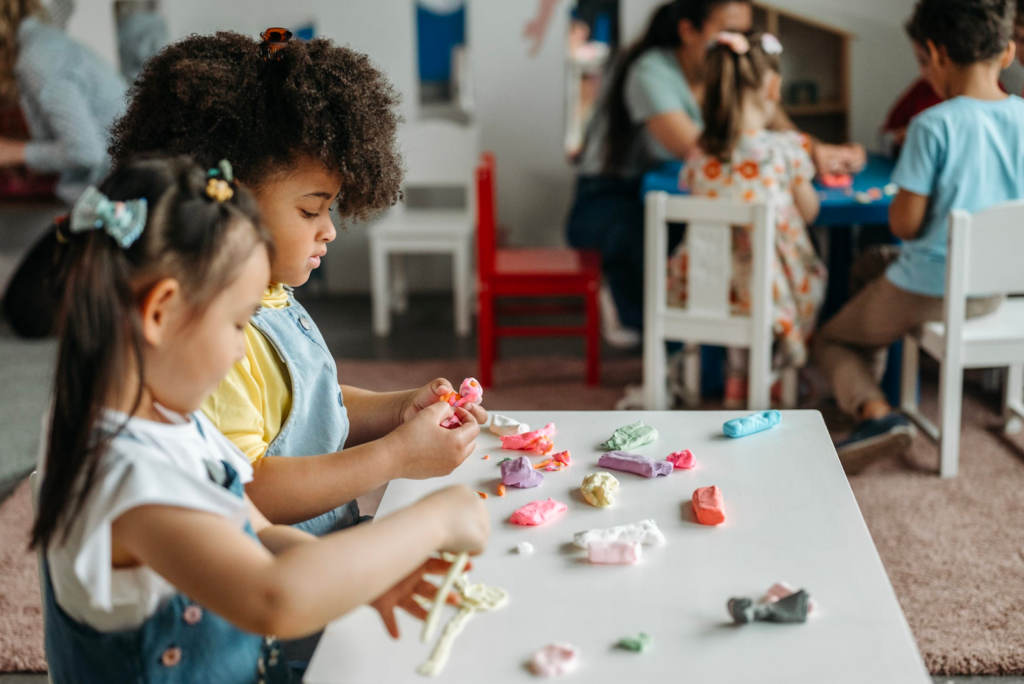
The history behind Dia das Crianças
In Brazil, Children’s Day, or Dia das Crianças, is celebrated on October 12th.
This special day dates back to 1923, when the third South American Congress of Children was held. The main themes of this congress were education, nutrition, and the development of children.
The following year, federal deputy Galdino do Valle Filho capitalized on the government’s interest in these issues and proposed an October 12th Dia das Crianças day to celebrate children.
However, the holiday did not become popular until after a toy factory realized that it could be a profitable sales season. Other companies selling products for children also joined in and helped develop it into the celebration Brazilian children enjoy today.
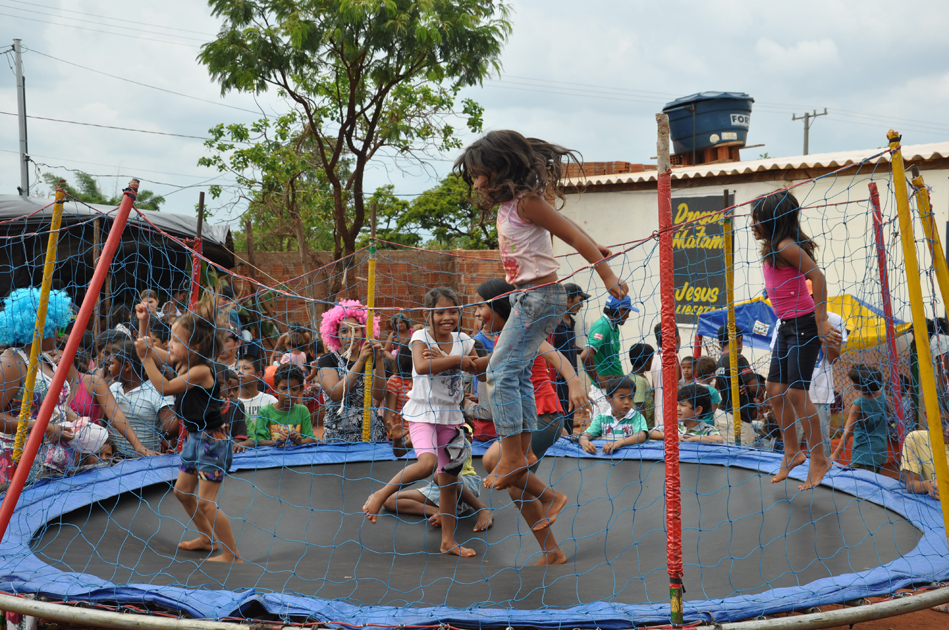
How do Brazilians celebrate kids on Dia das Crianças?
Brazilian children receive presents from family and friends, eat cake and candy, and have fun on a day that celebrates their well-being.
Because Dia das Crianças is celebrated on the same day as the Brazilians Patroness, Nossa Senhora de Aparecida, children celebrate their special day away. Often schools and colleges close for a day or even an entire week, allowing students to relax and even vacation with their friends or family, similar to Spring Break in the US.
The holiday is often used by families to take their children to public parks. Rio de Janeiro, for example, has a lively traditional celebration where kids can participate in trampolines, sports, and other activities.
Just like in many other countries, the importance of helping others and volunteering in the community is paramount in Brazil during Dia das Crianças.
Uruguay: Día de la Niñez and Día de Reyes
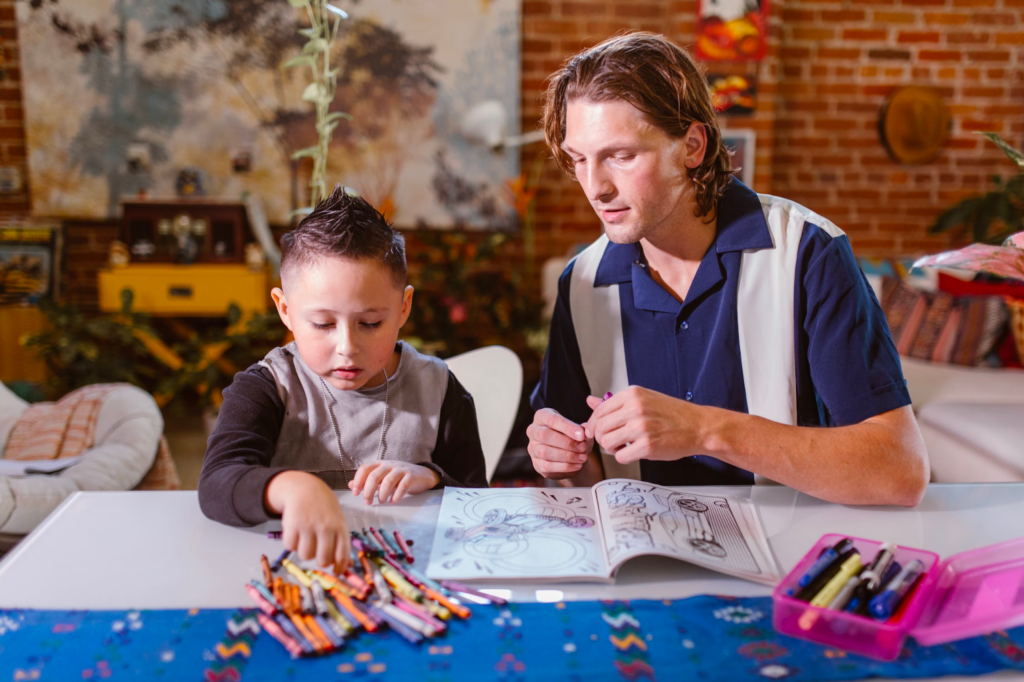
Are Uruguayan kids the luckiest?
With two whole days dedicated to celebrate and honor them, Uruguayan children might be the luckiest in Latin America.
Children’s Day, or Día de la Niñez, in Uruguay is celebrated on the second Sunday in August, however it is also observed on January 6th, on Día de Reyes or Epiphany. As part of the Christmas season, this annual public Catholic holiday is focused on giving presents to children.
In most parts of the world, children are typically given presents on Christmas Day but in Uruguay, the gift-giving is postponed until January 6. Children polish their shoes the night before and leave them outside in anticipation of the kings’ presents. The wise men fill their shoes with gifts in the morning of Día de Reyes.
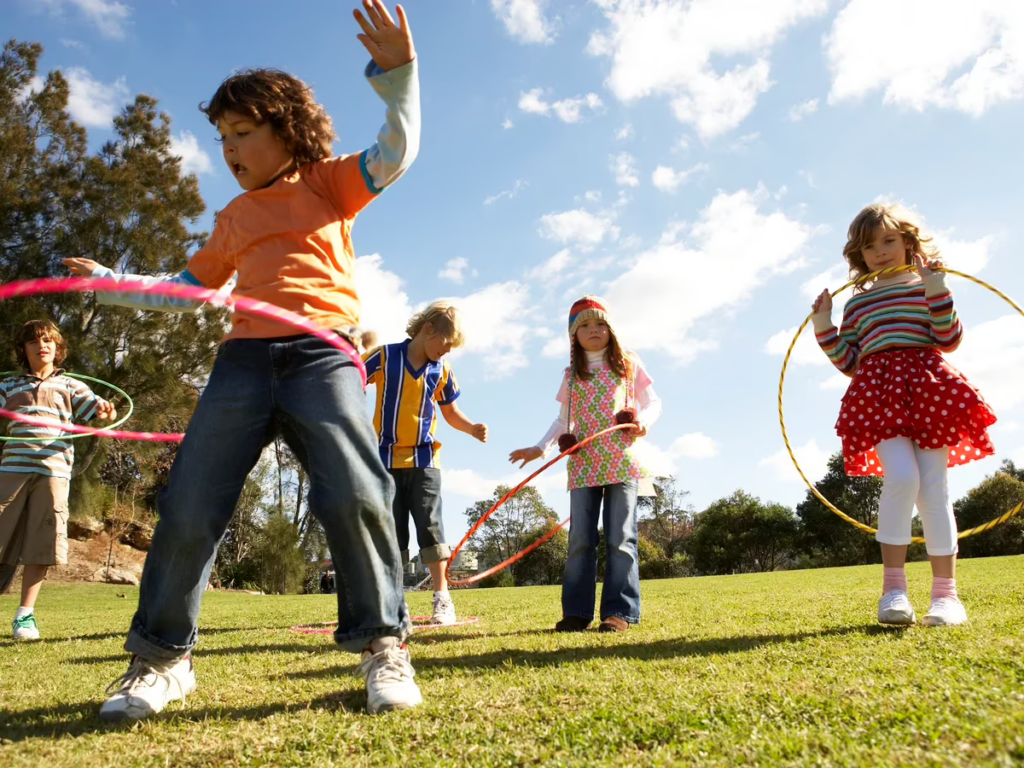
How do Uruguayans celebrate kids on Día de la Niñez?
But the August-time Día de la Niñez celebration of Uruguayan children is known to be “bigger than Christmas.” On this day, kids are showered with gifts and spend time with their loved ones. You can expect restaurants, parks and cultural spaces filled with happy families.
Schools encourage children to participate in musical activities, traditional games, and other special activities. Día de la Niñez also emphasizes giving and providing for children in need who are gifted toys, clothes and treats.
